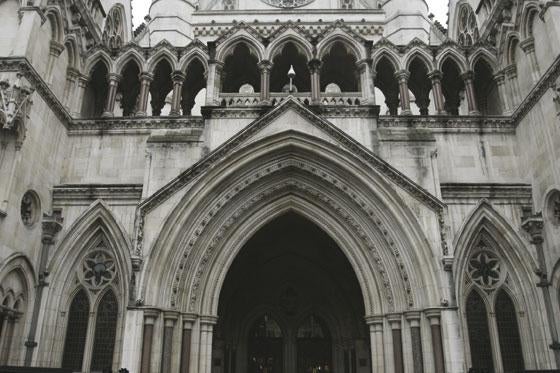
An injunction that granted anonymity to the claimant in a defamation case at the High Court has been widely breached online – in what has been described as an example of the ‘Streisand effect’.
The Streisand effect is what happens when an attempt to keep something secret leads to people – particularly in the online world – making greater efforts to uncover the information.
It is named after singer and actress Barbara Streisand, who in 2003 filed a $50m dollar lawsuit against Kenneth Adelman after he posted an aerial photo of her ocean-side home in Malibu on his website, which contained some 12,000 pictures of the California coastline as a way of documenting coastal erosion.
The picture of Streisand’s estate attracted virtually no attention until she launched the case – in the following month more than 420,000 people visited the site and the story spread to Europe, Canada, Australia and Japan.
In the latest High Court case, which involves allegations over a trust fund, links to the injunction itself have become widely available on the internet.
And many people are confusing what are two separate issues – that of injunctions and super-injunctions in privacy cases, and the exceptional course taken by the High Court in issuing a pre-trial prior restraint injunction in a defamation case.
The case – ZAM v CFW and TFW – involves a married man, referred to as ZAM, who claimed that he is the subject of defamatory allegations about his conduct in relation to a family trust which he alleges has been published online by his wife’s sister and an associate, believed to be an American fraudster based in Rome.
ZAM obtained the High Court injunction which is a rare course of action in defamation cases, as courts will not issue prior restraint orders unless satisfied that the publishers of allegations will be unable to justify or defend the claims they have made.
Mr Justice Tugendhat granted the order, which gave anonymity to all the parties, at a hearing on 3 March 3
He gave his reasons in a judgment handed down on 7 March.
The case was back in court yesterday for a hearing at which ZAM was applying to have his sister-in-law, who lives in England, jailed for contempt because she was allegedly linked to internet postings containing full details of the case and ZAM’s real name.
The woman’s husband, who also cannot be named, lives in Rome, where he is beyond the High Court’s jurisdiction.
However, the claimant has now been identified in a number of online postings – as has his sister-in-law.
Some appear to be British-based, but others are on overseas websites, beyond the jurisdiction of the English courts.
One foreign-based website – which confused a super-injunction with an injunction – said ZAM “may well be the innocent victim of a family quarrel turned nasty” and went on: “Certainly, no evidence is available to back up any of the very damaging claims about him.
“But this superinjunction, particularly given its legal novelty, is now an example of the Streisand effect, in which efforts to use legal means to silence critics serve only to draw attention to what they have to say.
“Absent a superinjunction, there wouldn’t be the slightest interest in the case.
“It’s also yet another example of how lawyers, like the ever-growing list of other grumpy former gatekeepers, still haven’t worked out that their efforts to control information are swimming against the historical tide of connectedness online.”
Email pged@pressgazette.co.uk to point out mistakes, provide story tips or send in a letter for publication on our "Letters Page" blog
